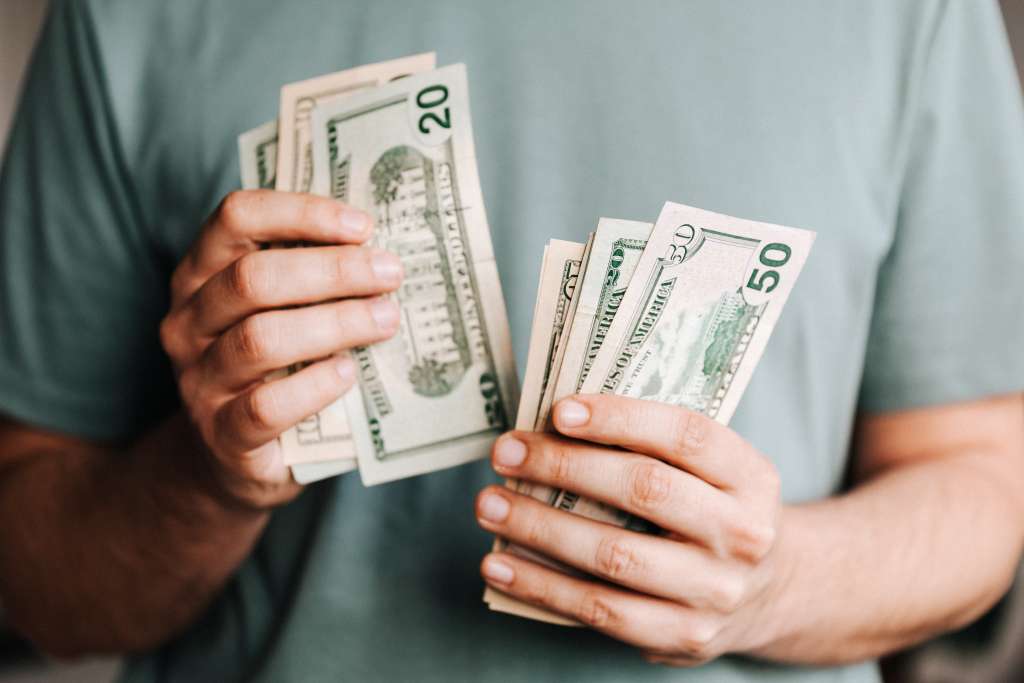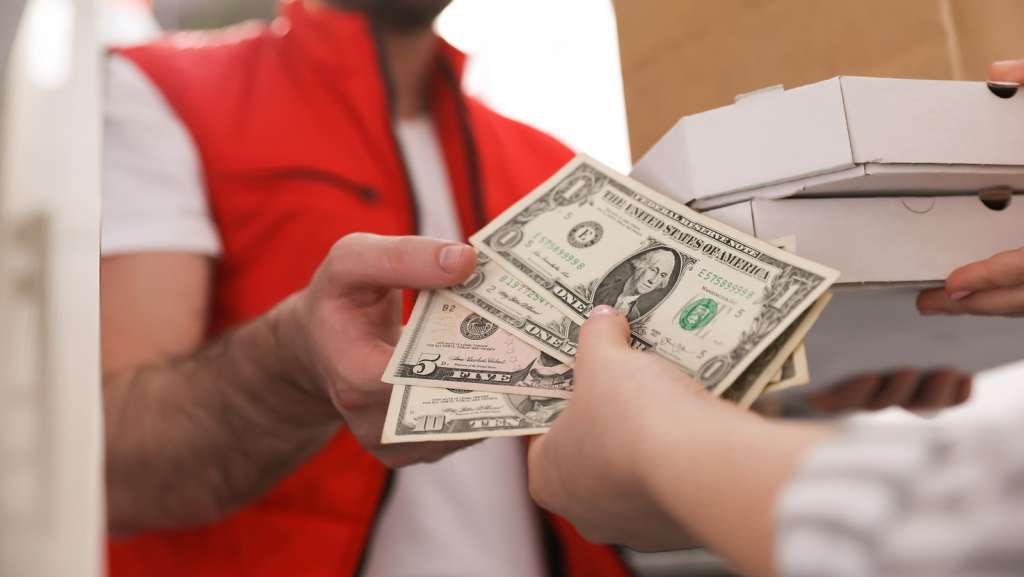Tipping has been a part of many cultures for centuries, and it has become a social norm in many countries, especially in the United States. However, there is no social expectation to give a tip for picking up a to-go order. When you order takeout, you are essentially doing the work of the server by picking up your food and bringing it home yourself. Therefore, it is not necessary to leave a tip for this service.
On the other hand, newer and cooler-looking technologies have influenced people to tip more. For instance, when using a tablet or a mobile device to pay for a meal, there is often an option to add a tip. These technologies make the tipping process easier and more efficient, which may encourage people to tip more frequently. Additionally, some restaurants have begun using high-tech devices, such as robots or automated kiosks, to take orders and serve customers. These devices may make the dining experience more enjoyable and efficient, which can lead to higher tips.

In America, tipping is optional in name only. It’s legally optional, but if you sneak out of a restaurant without leaving a 15-25% tip, you risk being chased by a waiter who wants to know why.
Traditionally, consumers have prided themselves on tipping well in restaurants, such as restaurants that typically pay their employees less than minimum wage, and have expected to make up the difference in tips. But researchers studying the topic say many consumers are now annoyed by automatic tipping requirements in bars and other hospitality establishments, where tipping is generally not expected, employees earn at least minimum wage and service tends to be limited.
kiosks and tablets with three big tips that appear on the screen in front of you. Business owners usually choose these options and can also disable this feature if they wish.
They use these options as an indication of regulatory importance and feel compelled to tip in this regard. So the more you ask, the more you get. To date, according to many credit card companies, 23% of respondents said they felt pressured to tip more than usual when presented with different suggested tip amounts.
The coronavirus pandemic has increased the pressure on tipping. In its heyday, consumers began tipping workers in the industry in ways they never had before.
In February 2020, just before the outbreak of the pandemic, the proportion of remote transactions in which a tip was offered was 44.4%, primarily in the food and beverage sector – in February 2023, this proportion was 75.5%. In the 1950s, it was customary to tip 10% of the bill. In the 1970s and 1980s, this percentage rose to 15%./18%In 2023, people will typically tip between 18% and 25%.
According to a May 2022 credit card survey, consumers tipped more than 21% on average. When we’re wondering how much to tip, not only are we increasingly being asked to tip when purchasing goods and services, but traditional tipping has been on the rise for decades.
You will be asked for a tip with every purchase. In the meantime, if people are willing to tip 30% on the food delivery service, why don’t they ask to tip them when they pick up their food?

Restaurants have started doing this more frequently in Thailand and Vietnam, often as early as 2022, and the practice has not abated. So far, 22% of respondents said that with different recommended tip amounts, they feel pressured to tip more than usual, so many credit cards.
Tips in full-service restaurants increased 25.3% in the third quarter of 2022 and tips in quick-service restaurants increased 16.7% compared to the same period in 2021, according to Square, one of the largest providers of digital payment methods. The data provided by the company shows continuous growth over the same period since 2019.





